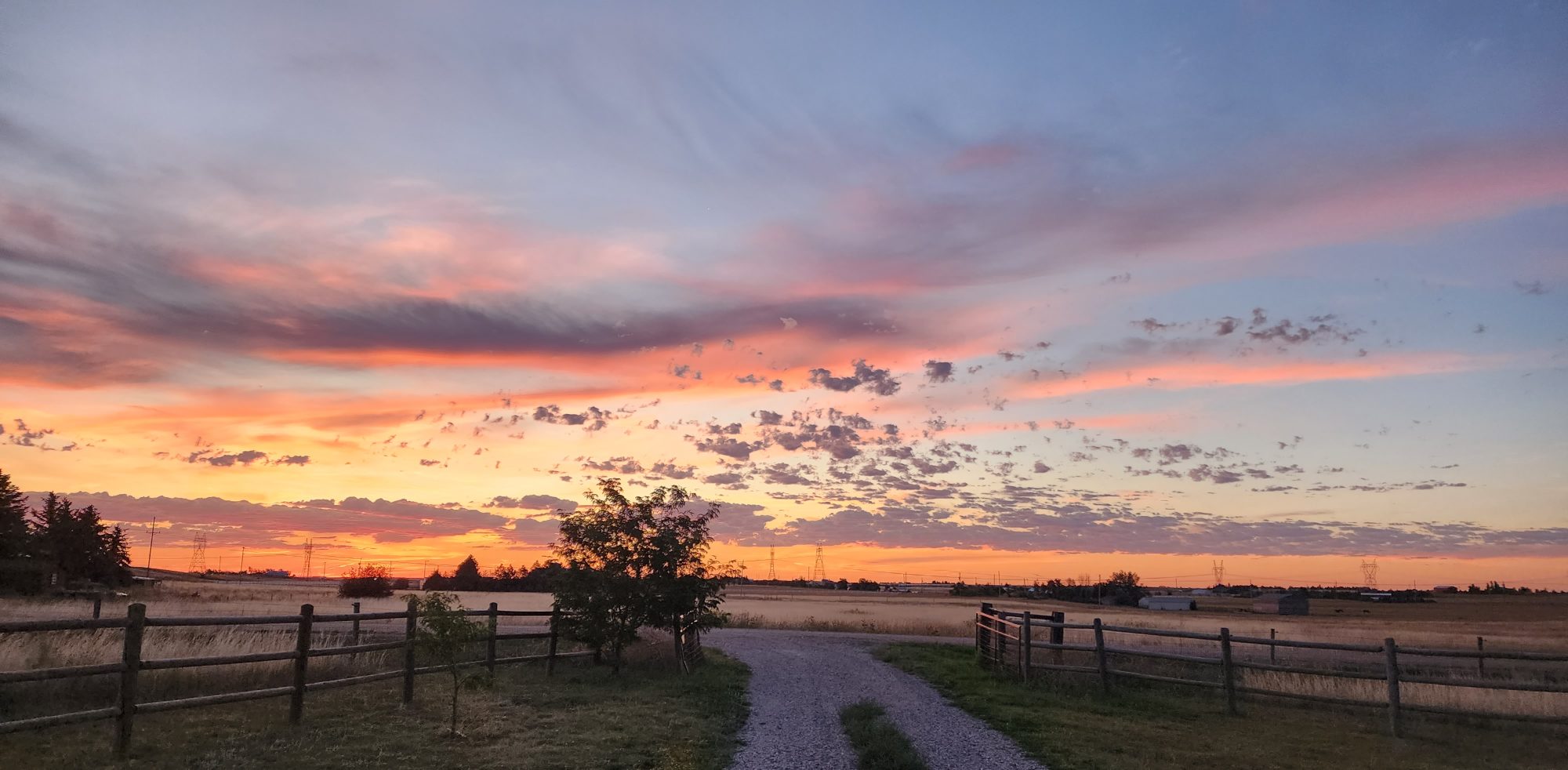Summary of Genesis 25:19-26:
Isaac was forty when he married Rebekah. Isaac prayed when he discovered Rebekah was barren and God granted her twins. The Lord told her she carried two nations, one will be stronger and the older will serve the younger. Esau was the first born (his name may mean hairy. He was also called Edom which means red for he was red-headed). The second born was Jacob who came out clasping Esau’s heel (his name means he grasps the heel or he deceives). Isaac was 60 years old at their birth.
BSF Study Questions Genesis: Lesson 16, Day 3: Genesis 25:19-26
6) Isaac prayed to the Lord on behalf of his wife. The Lord answered. Rebekah inquired of the Lord as well about why her pregnancy was so difficult. The Lord answered her. Both went to God for answers and did not make assumptions. Both continually seek God.
7) Personal Question. My answer: I believe I’m right where God puts me every time. I am waiting on Him to move, and I follow. This has been the story of my life since I was little. He doesn’t necessarily speak, but I take one day at a time to what He brings me.
8 ) “Two nations are in your womb, and two peoples from within you will be separated; one people will be stronger than the other, and the older will serve the younger.”
Conclusions BSF Study Questions Genesis: Lesson 16, Day 3: Genesis 25:19-26
It seems that Isaac and Rebekah have a very strong marriage (at least at this point) that points toward God. Great example of going to God with all of your questions. I love how Isaac prays for his wife. Great, indeed!
End Notes BSF Study Questions Genesis: Lesson 16, Day 3: Genesis 25:19-26
Note that nothing comes easy, even to the chosen ones. Isaac and Rebekah had to wait as well for children. This should be encouragement for all couples waiting on a baby. Note too they did not use a suroagate as Abraham did
Esau and Jacob will be Isaac and Rebekah’s only children. Two nations will come from them. Edom from Esau and Israel from Jacob.
Note how God can do anything He wants, including go against tradition and choose the second-born, Jacob, as His chosen one. Paul notes God’s sovereignty as well. Romans 9:10-13,
Note that God’s choices are not haphazard or random; everything God does is with purpose and has a plan. We just can’t see it. It is our job to trust, God’s to orchestrate.
The detail of Jacob being born holding on to Esau’s heel should not be lost on us. It actually was not a compliment back in ancient times and actually had a connotation of trickster, which as most of us know, Jacob is when he receives the blessing over Esau as we’ll see coming up. We must remember that no word in the Bible is wasted.

